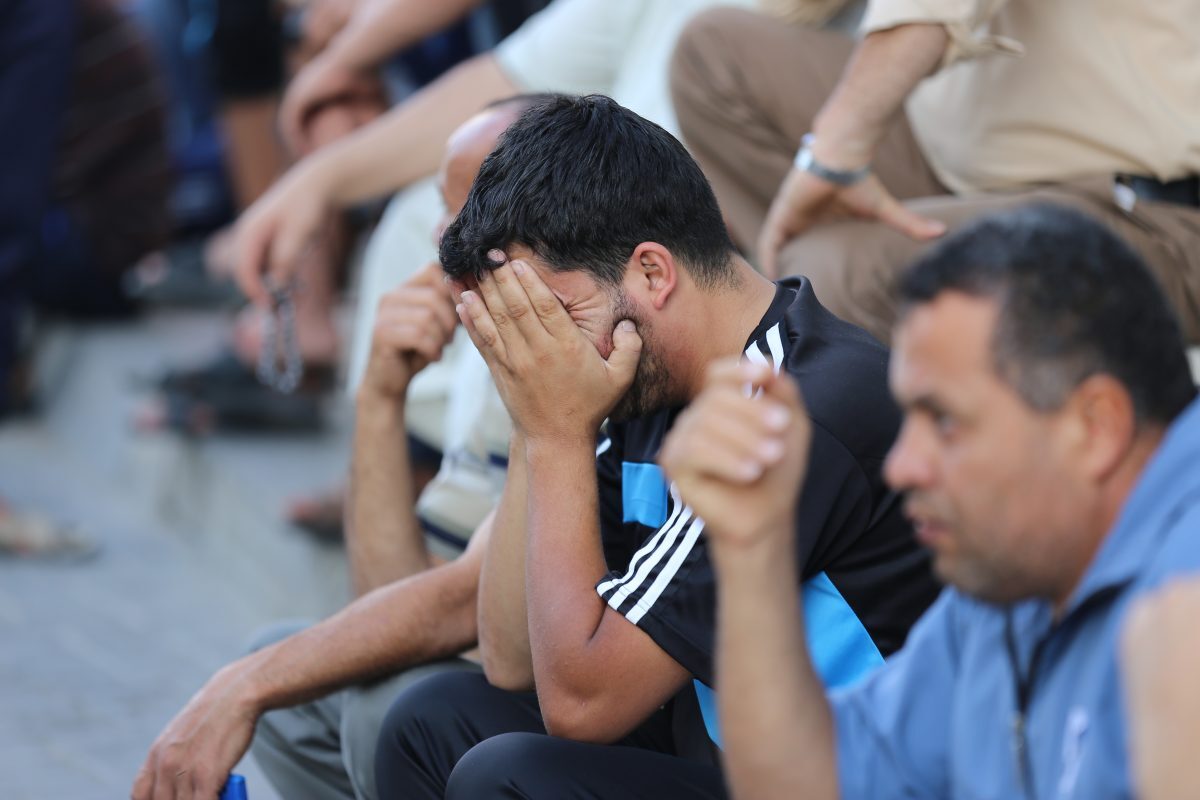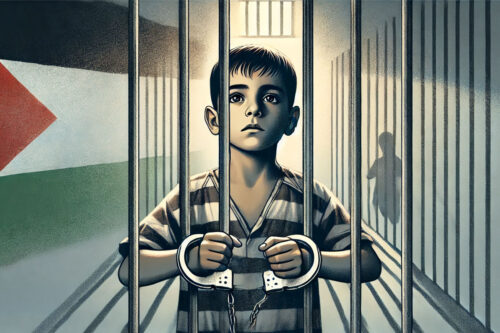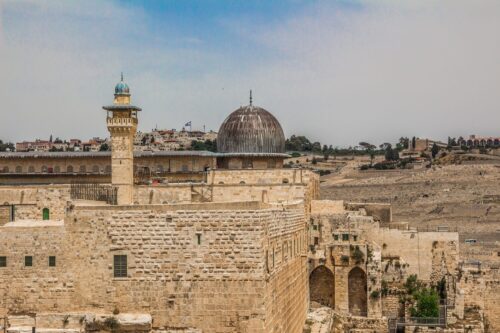Ramadan and the Occupation

Ramadan is a time of spiritual renewal, personal worship and directing good deeds to others. It is supposed to be a time of peace, family and ends with a celebration for all. However, for Palestinians Ramadan has been a time of fear, grief and struggle due to living under siege and occupation.
In 2014, bombs were being dropped on Gaza in a horrifying 51 day ordeal that saw Ramadan and Eid marred by death and destruction. Over 500 children were killed in 2014 and did not live to see another Eid with their families.
Last year, as people were spending their nights praying in the last days of Ramadan, Israel began another large scale bombardment of Gaza. This lasted 11 days and was more intense than ever. Over 260 people were killed, 66 of them children and yet again Ramadan and Eid were ruined for Palestinians. In the West Bank, every Ramadan sees an increase in repression and attacks on Palestinians. Those wanting to worship in Al Aqsa face ongoing restrictions, violence and the compound has also been attacked and people hurt during busy times. Tear gas and skunk water are used in Jerusalem to terrorise Palestinians and deter them from practicing their faith. The call to prayer has been banned in Jerusalem, a Muslim majority city and the third holiest site in Islam.
Something as simple as a traditional Iftar is difficult for 1.6 million people struggling with poverty and in need of aid. Food insecurity continues to harm the health and joy of families across the West Bank and Gaza, and more than a third of families are severely food insecure and 80% of Gaza needs international assistance to survive. Gaza is facing a water crisis, during Ramadan and during a global Pandemic. This is due to the impact of the siege after 14 years and is something that could have been entirely avoided.
Freedom of movement for Palestinian is severely curtailed due to checkpoints, walls and permits. Many people cannot visit Al Aqsa in Ramadan and yearn to pray in this holy site that they physically so close to but barred from visiting. Even Palestinians from abroad and Muslims from other countries face barriers to entrance and are routinely harassed at the Israeli borders.
Despite this, we can see the beautiful ways in which Palestinian practice their faith in Ramadan and the many ways in which they inspire us to look towards the holy land and learn from its history and their spirit. We pray for safety and freedom for the people of Palestine this Ramadan and an end to injustice and oppression everywhere, inshshAllah.
Remember to keep Palestine on your mind this Ramadan both in your giving and your prayers and actions. We need to support Palestinian voices and use our consumer and voter power to hold those supporting injustice accountable.
#PalestineFacts
Calculate your Zakat
Confused about how to calculate your Zakat? Try our simple-to-use calculator

![A Shadow R1 spy aircraft operated by the UK's Royal Air Force, accused of supporting the genocide in Gaza [Jerry Gunner / Wikimedia]](https://www.interpal.org/wp-content/uploads/2025/04/1768px-Shadow_R1_5AC_Sqdn_RAF_Waddington_this_morning-e1745166357309-500x333.jpg)

![Fighters from Israel's pre-state militia occupying the village of Deir Yassin, April 1948 [IDF archive / Wikimedia]](https://www.interpal.org/wp-content/uploads/2025/04/Jewish_militias_in_the_village_of_Deir_Yassin_April_1948_cropped_and_edited-e1745166391491-500x333.jpg)
